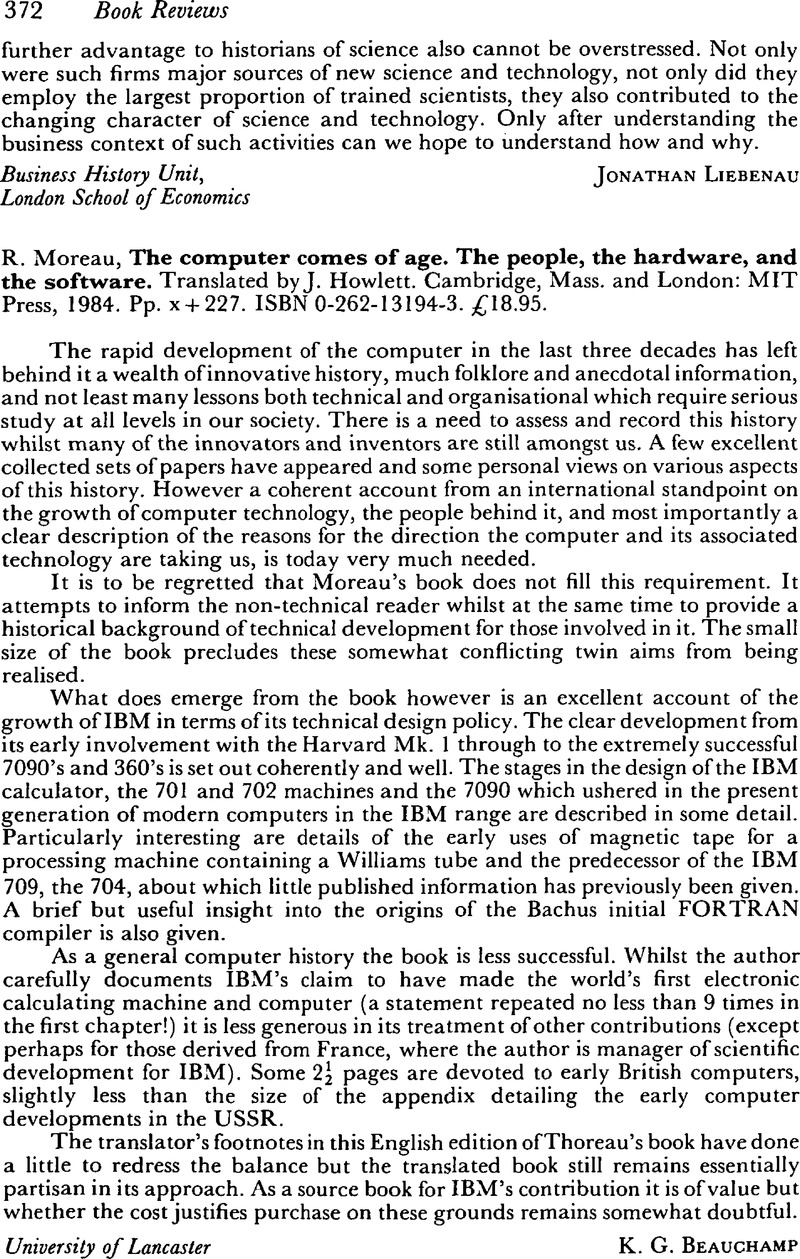The history of computers can be traced back to ancient civilizations, but the modern computer as we know it today has only been around for a few decades. In this essay, we will explore the different ages of computer history and how they have shaped the world we live in today.
The first age of computer history is often referred to as the mechanical age. This period began in the early 19th century and lasted until the mid-20th century. The first mechanical computers were huge machines that filled entire rooms and were powered by steam or other mechanical means. These early computers were used for tasks such as calculating artillery firing tables for the military and processing census data.
The second age of computer history is known as the electronic age. This period began in the mid-20th century and is still ongoing. The electronic age saw the development of the first electronic computers, which used vacuum tubes or transistors to process information. These computers were much smaller and faster than their mechanical counterparts, and they paved the way for the development of the modern computer.
The third age of computer history is known as the personal computer age. This period began in the late 1970s and is still ongoing. The personal computer age saw the development of the first personal computers, which were small, affordable, and designed for use by individuals rather than businesses or government agencies. The personal computer revolutionized the way we work, communicate, and access information, and it has had a profound impact on society.
The fourth age of computer history is known as the mobile age. This period began in the late 1990s and is still ongoing. The mobile age saw the development of the first smartphones, which combined the capabilities of a personal computer with the convenience of a mobile phone. These devices have revolutionized the way we communicate and access information on the go, and they have had a significant impact on society.
In conclusion, the ages of computer history have shaped the world we live in today in countless ways. From the huge mechanical computers of the 19th century to the small, powerful smartphones of today, computers have evolved significantly over the years. Each age of computer history has brought new innovations and capabilities that have changed the way we live, work, and interact with one another.
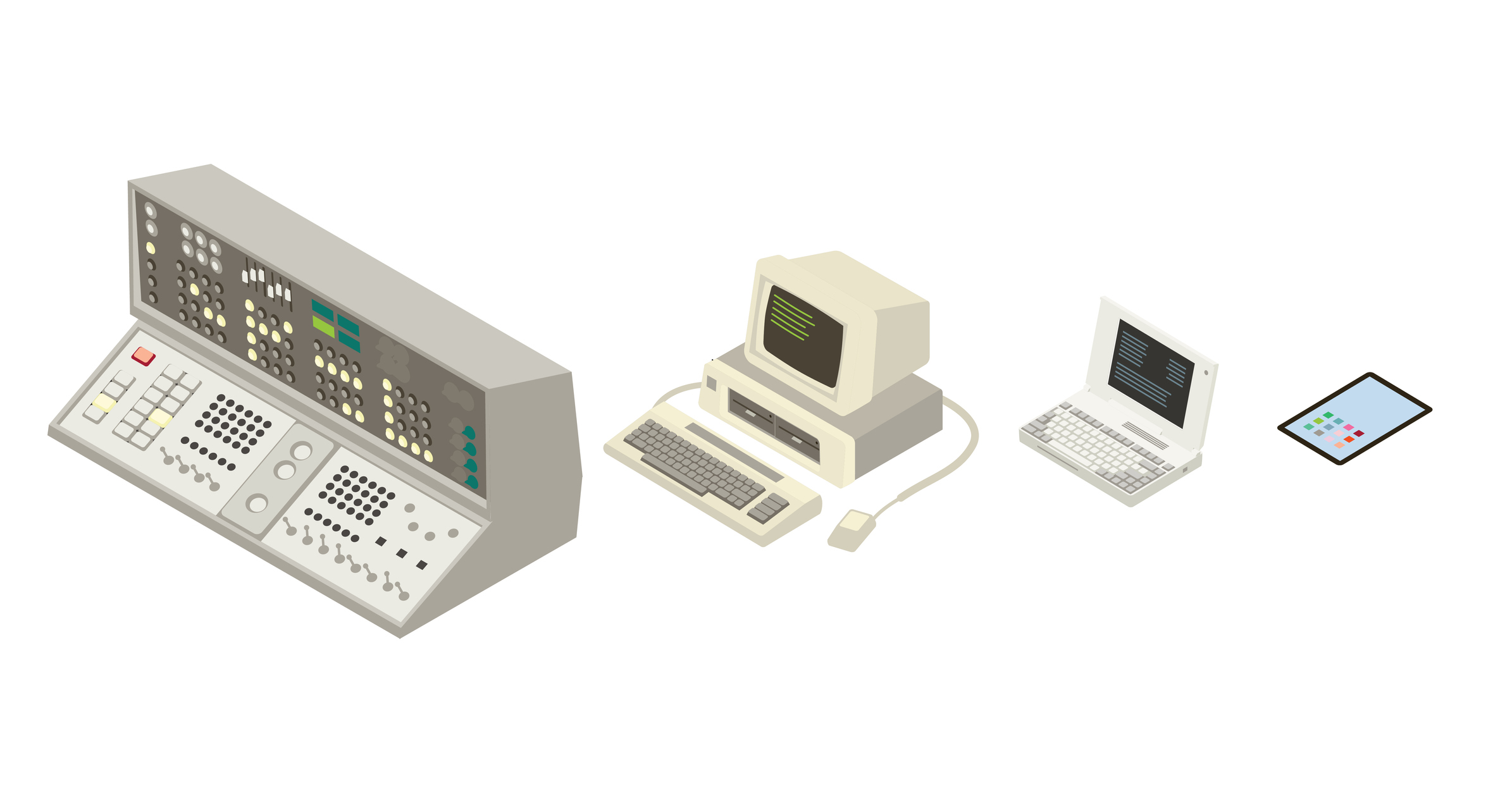
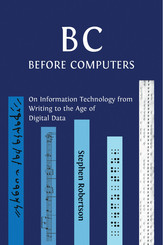

.jpg)
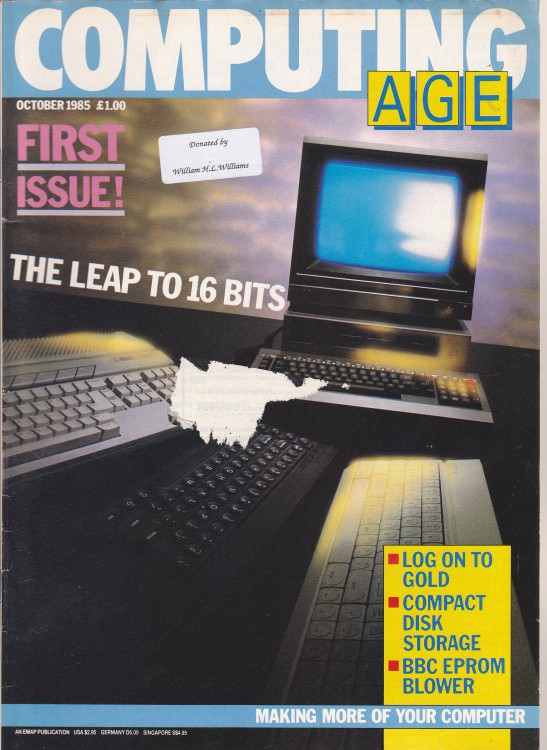
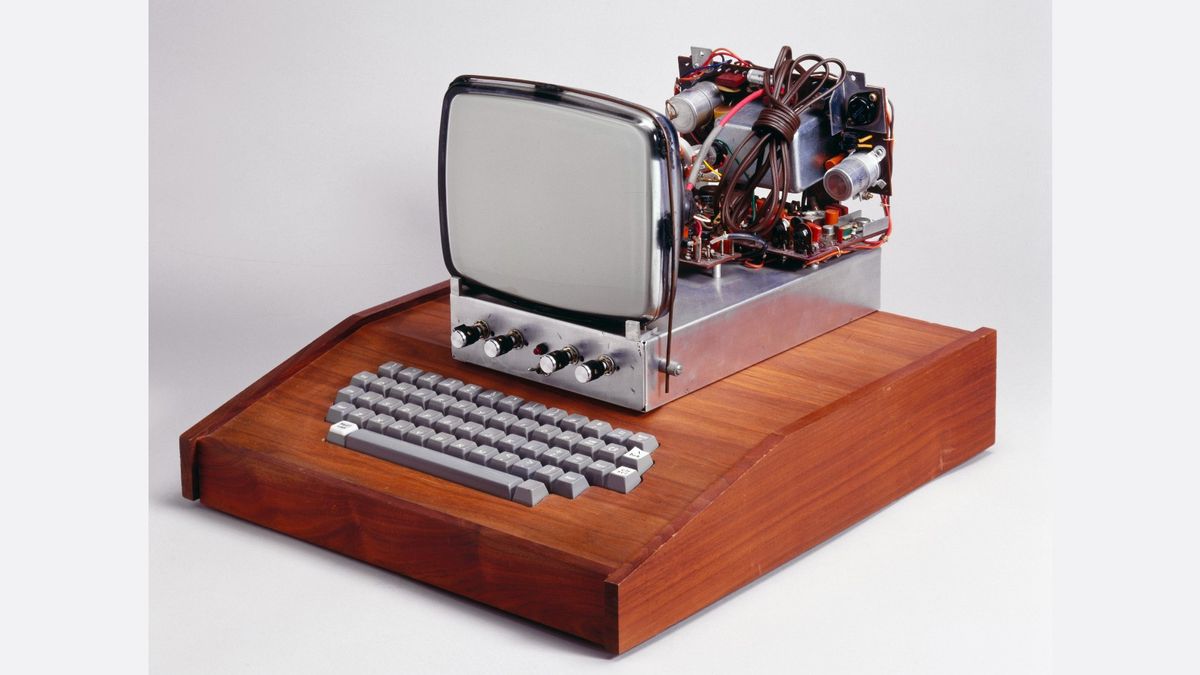
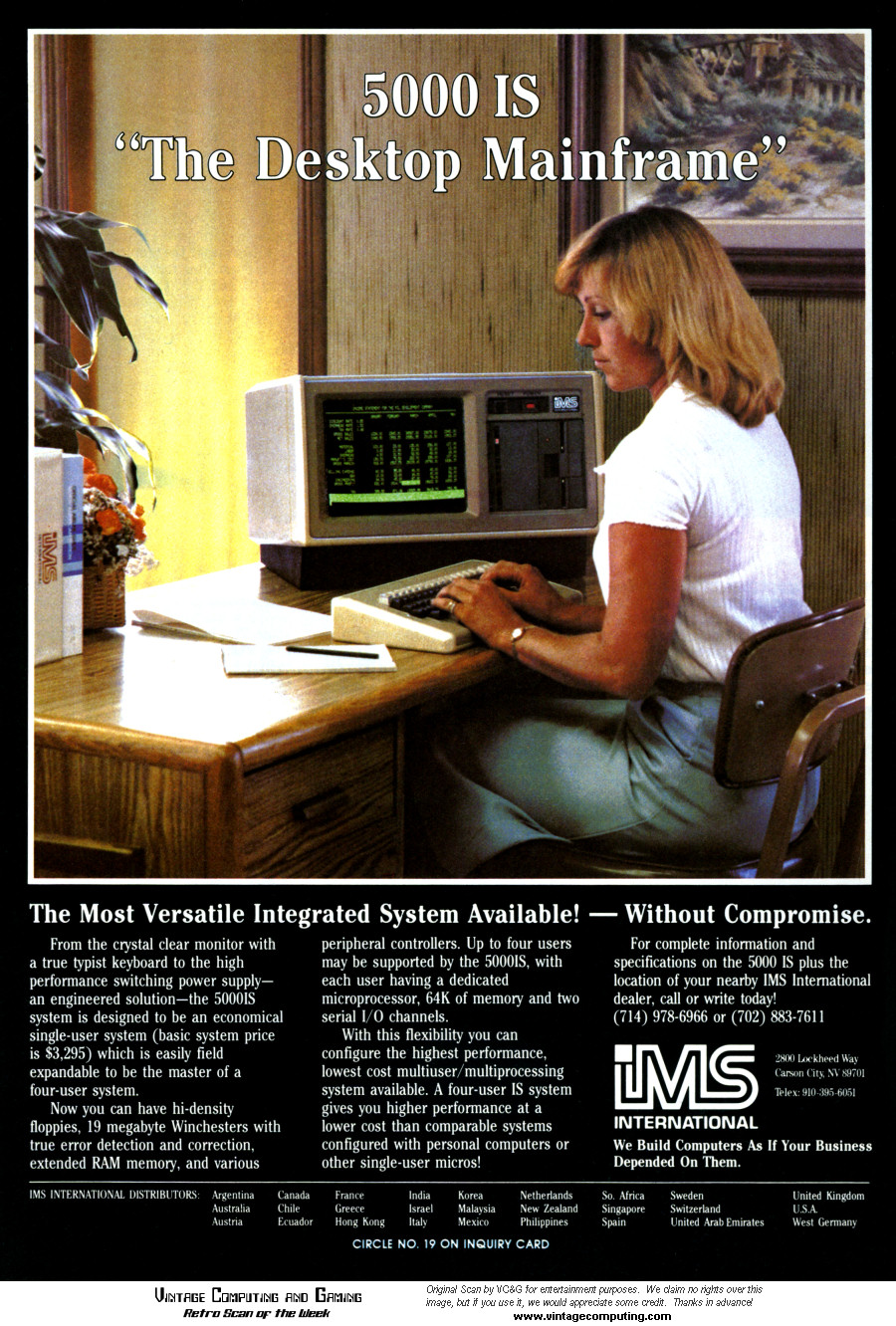
.jpg)
